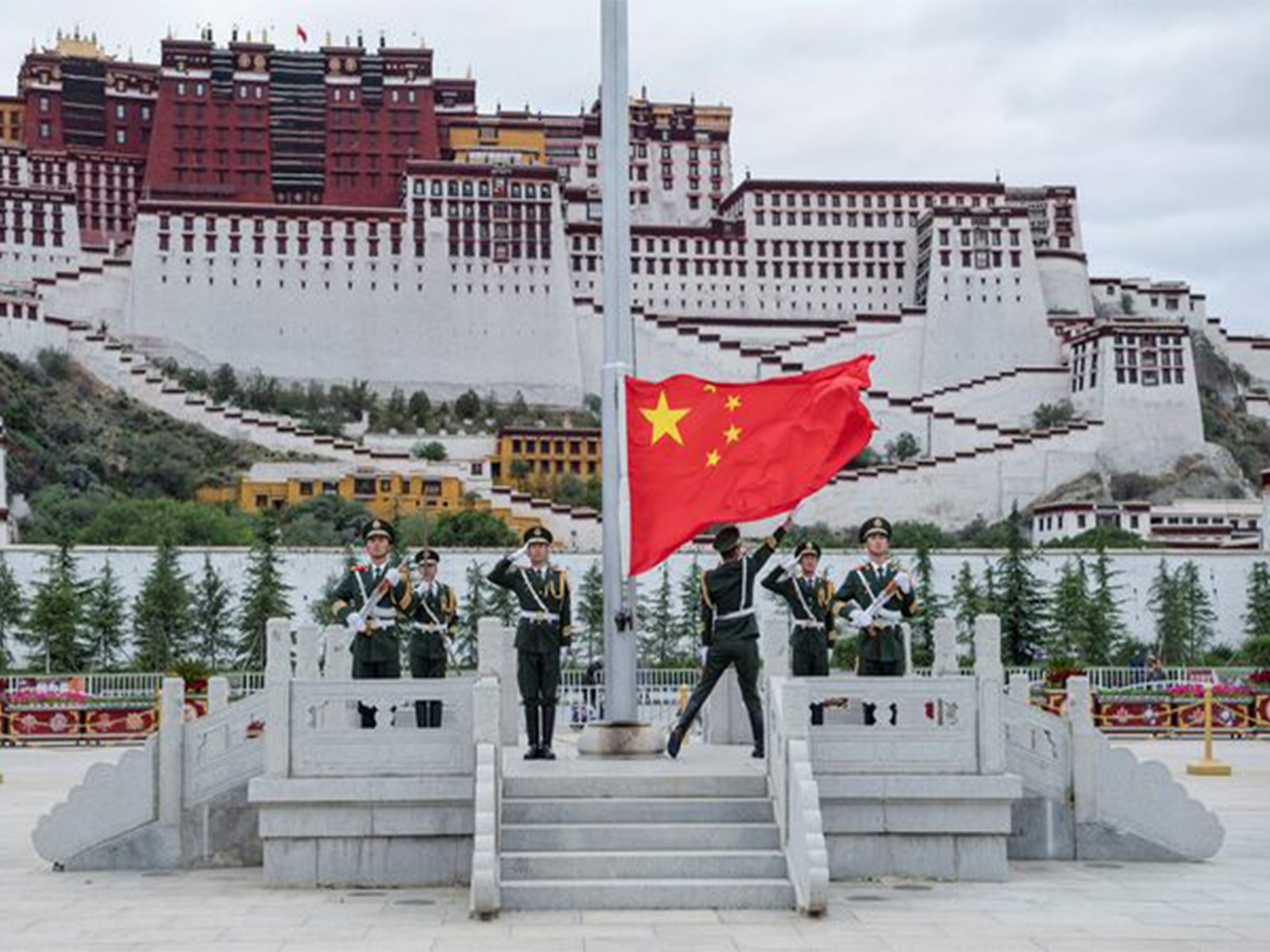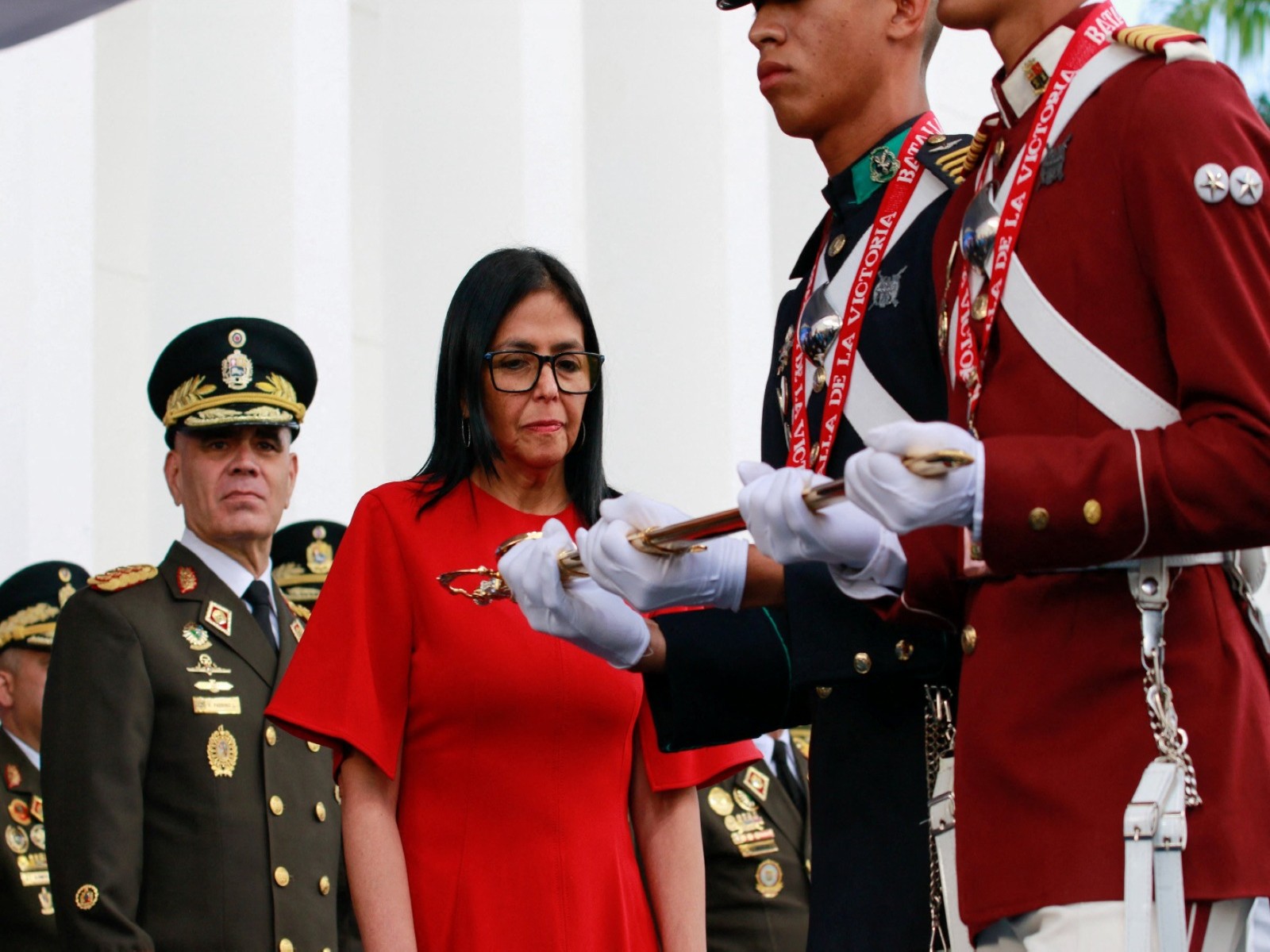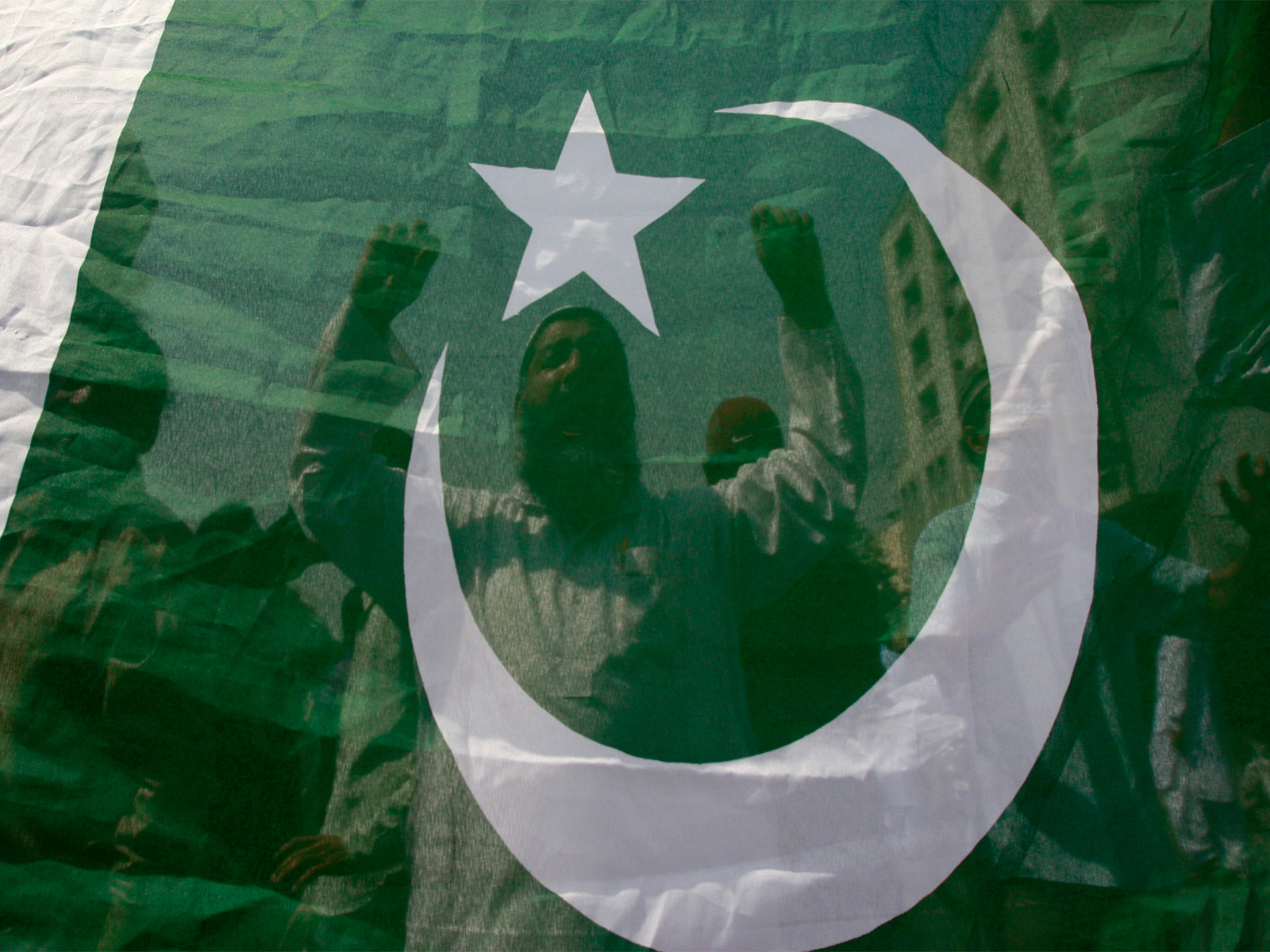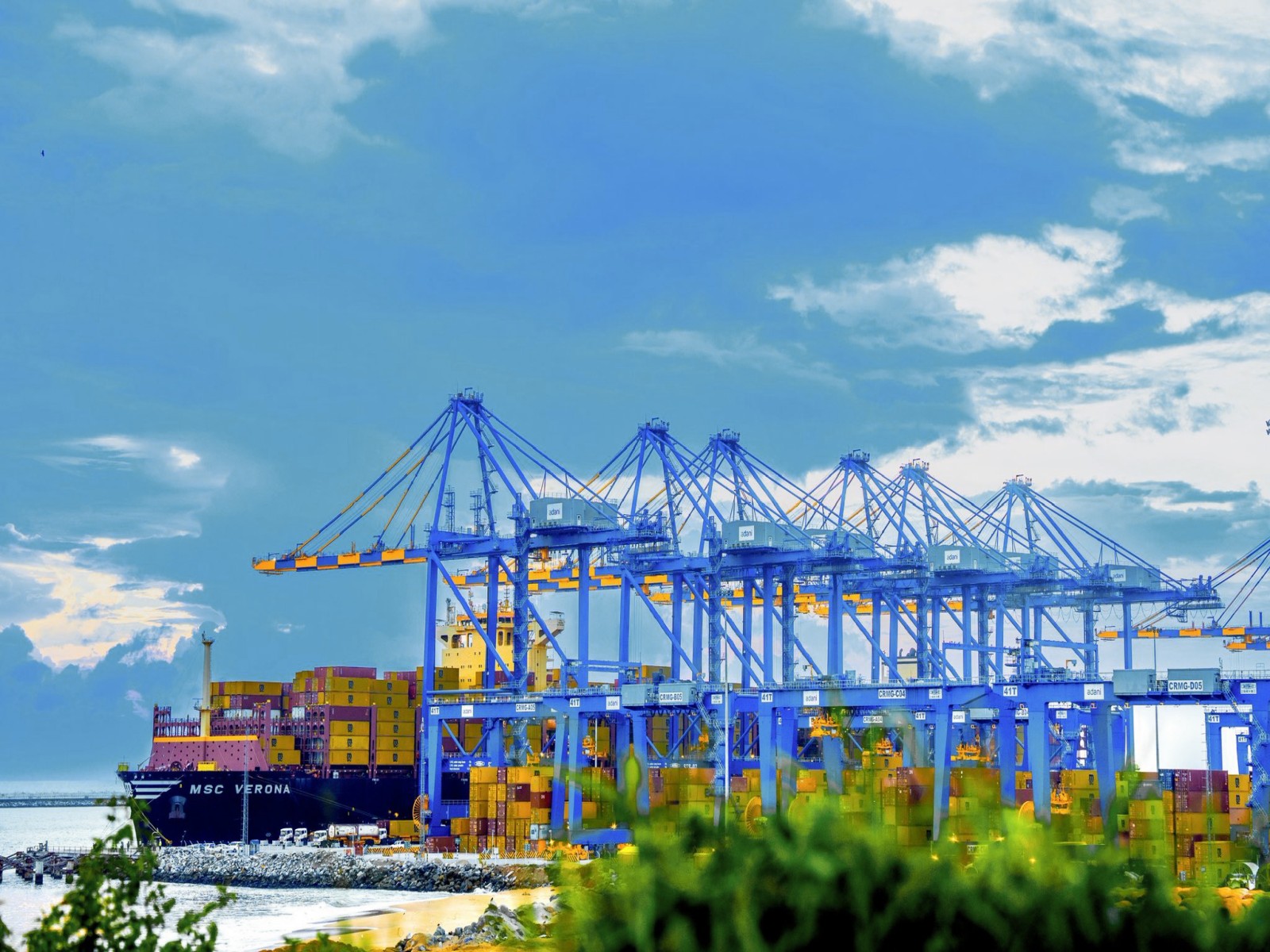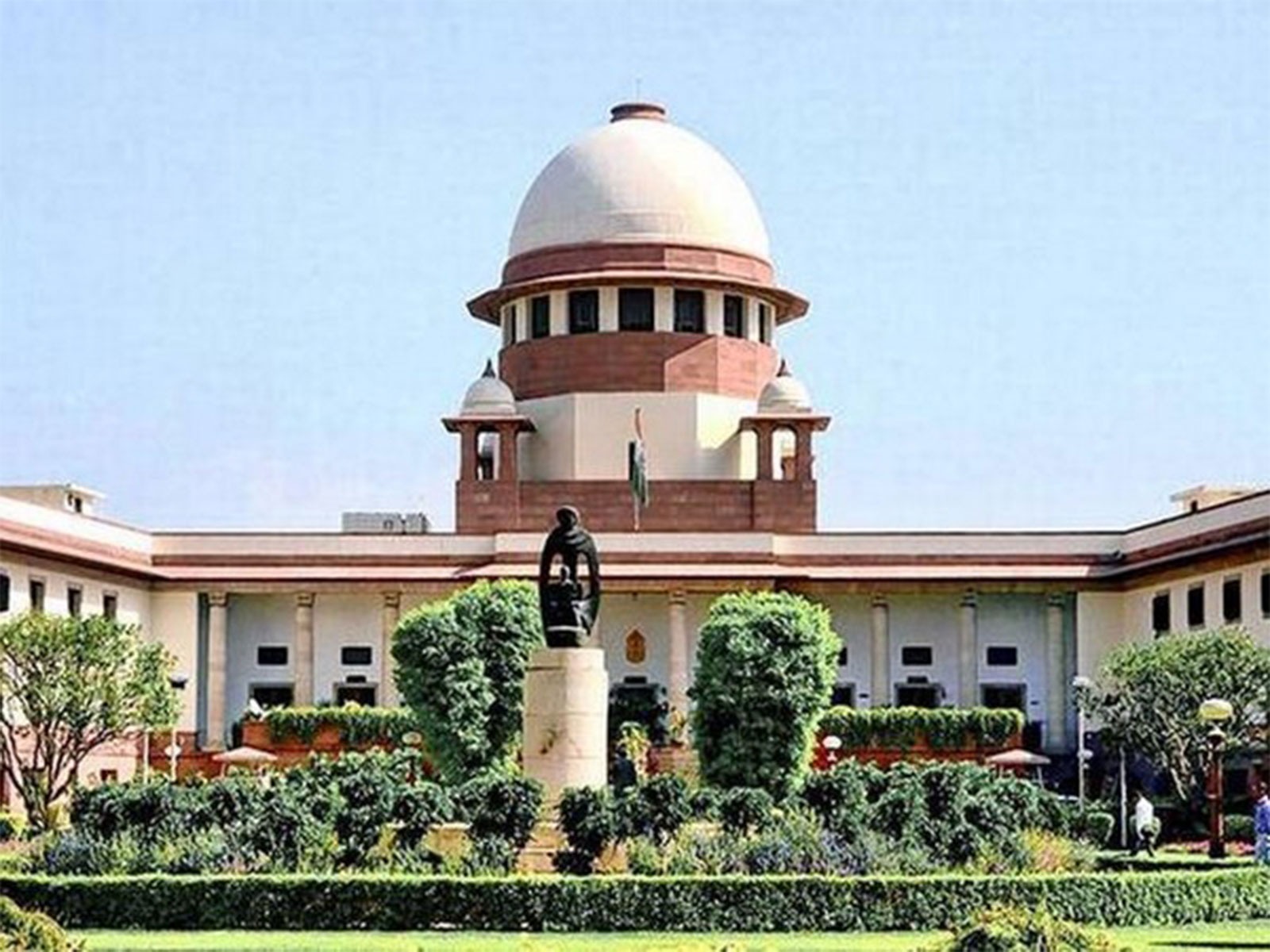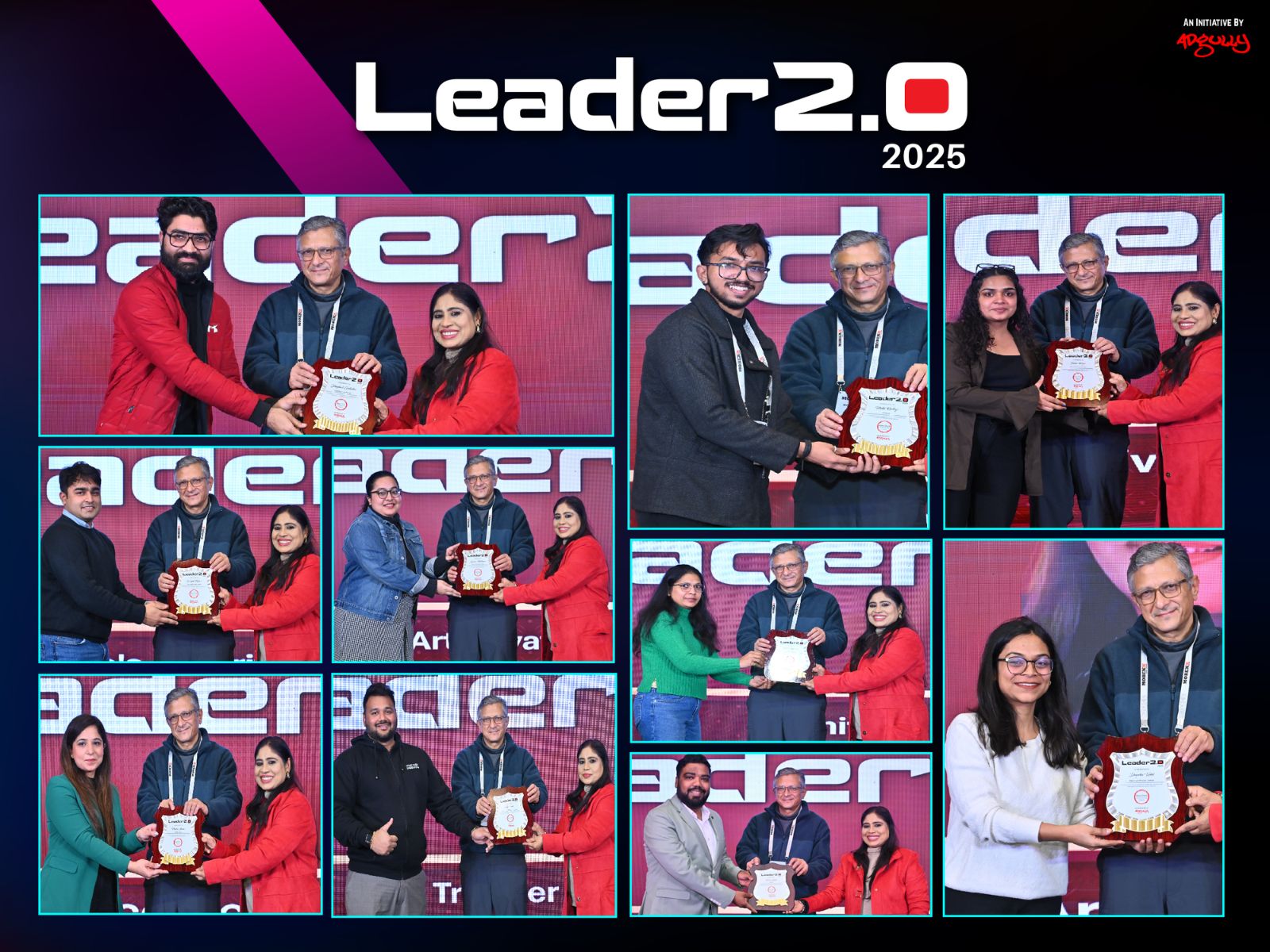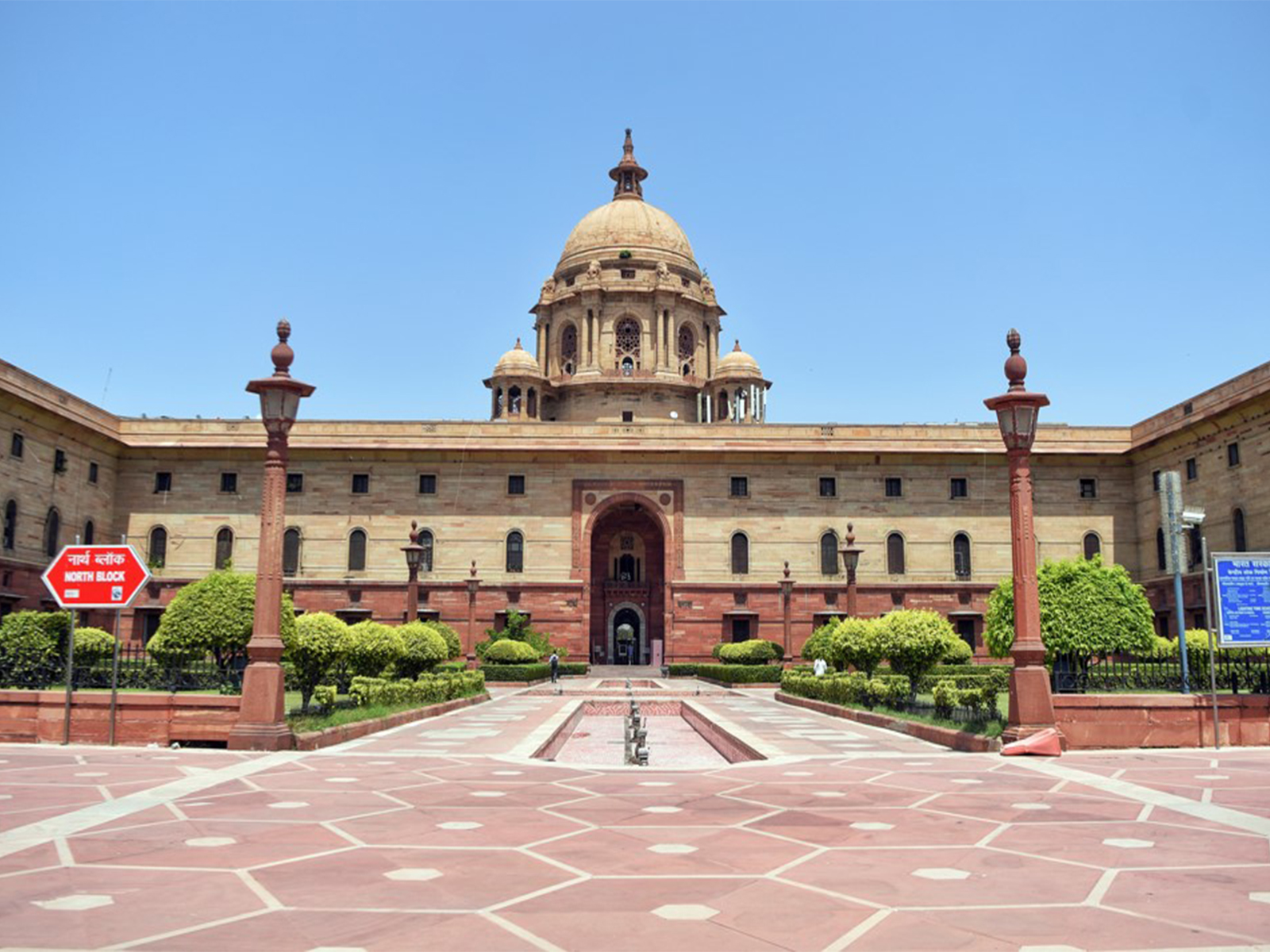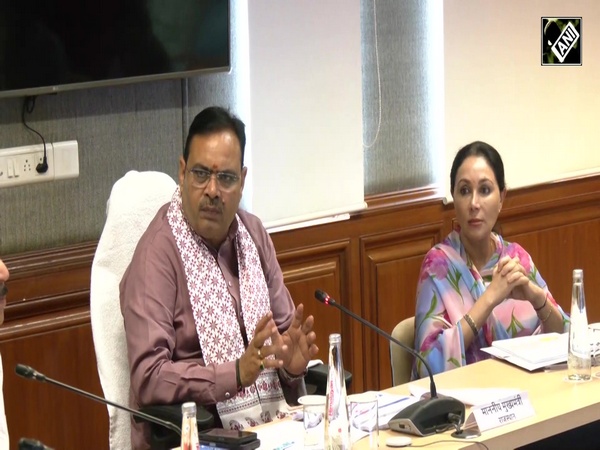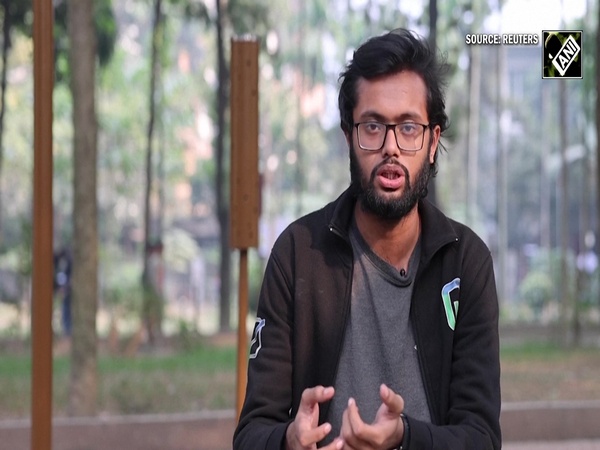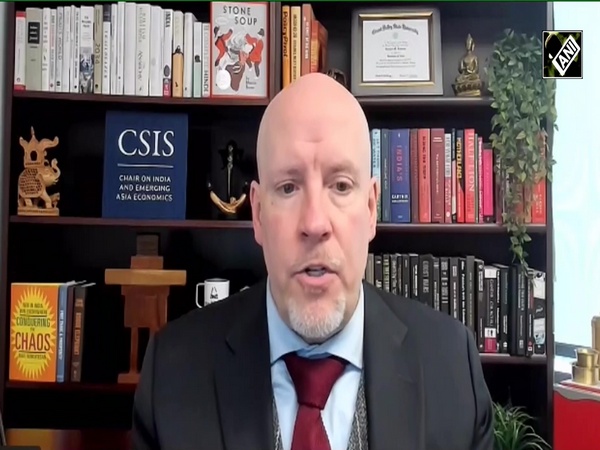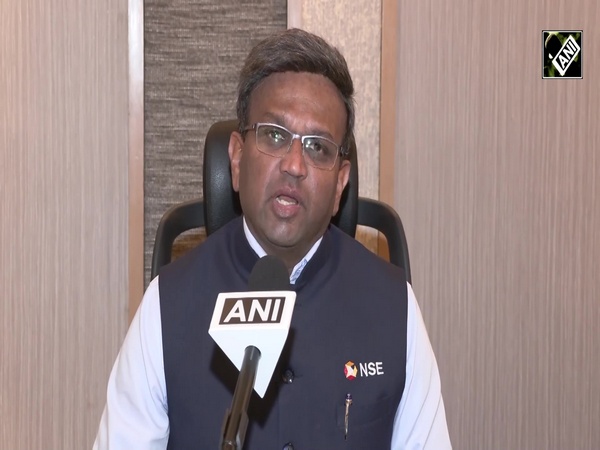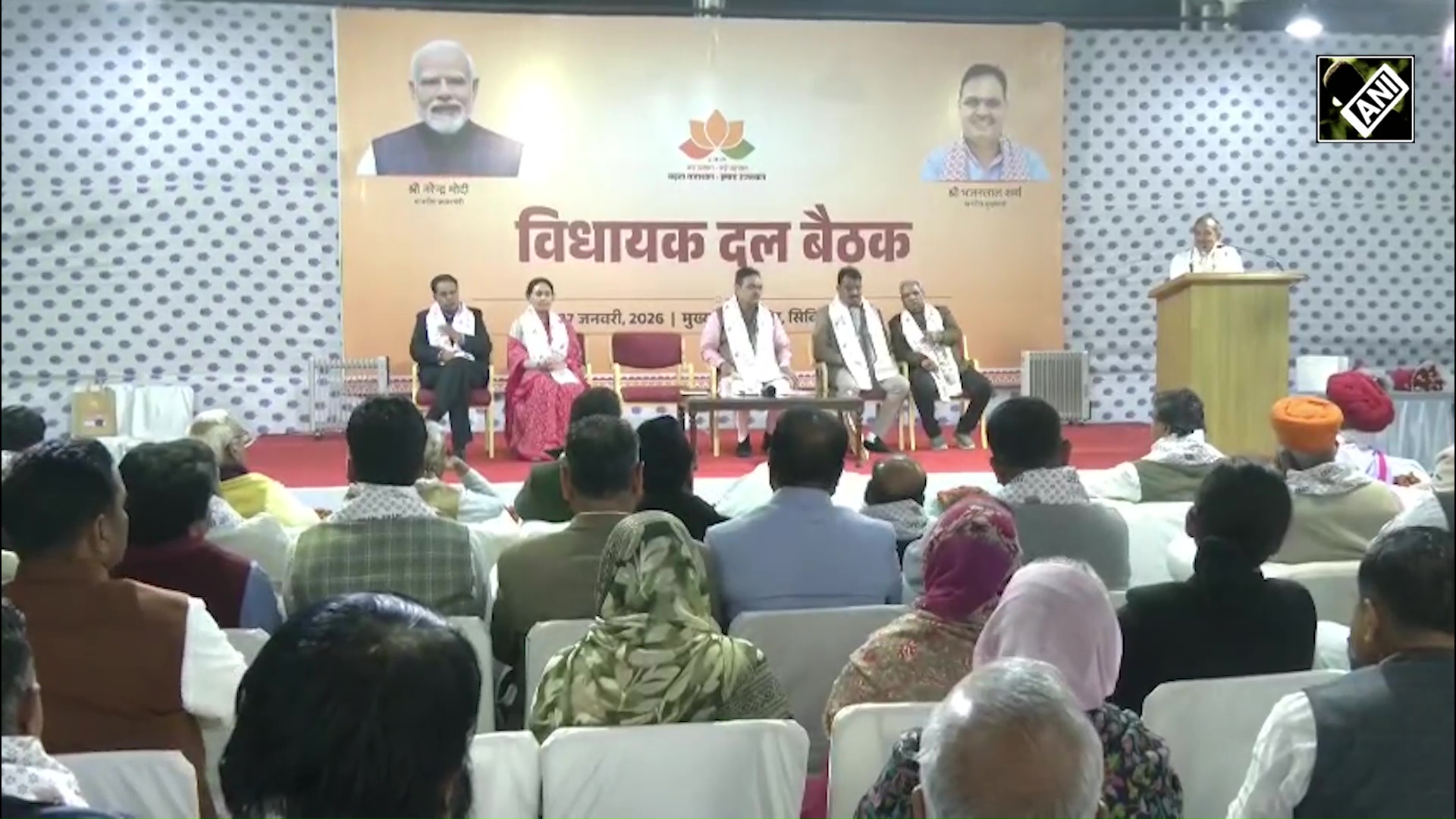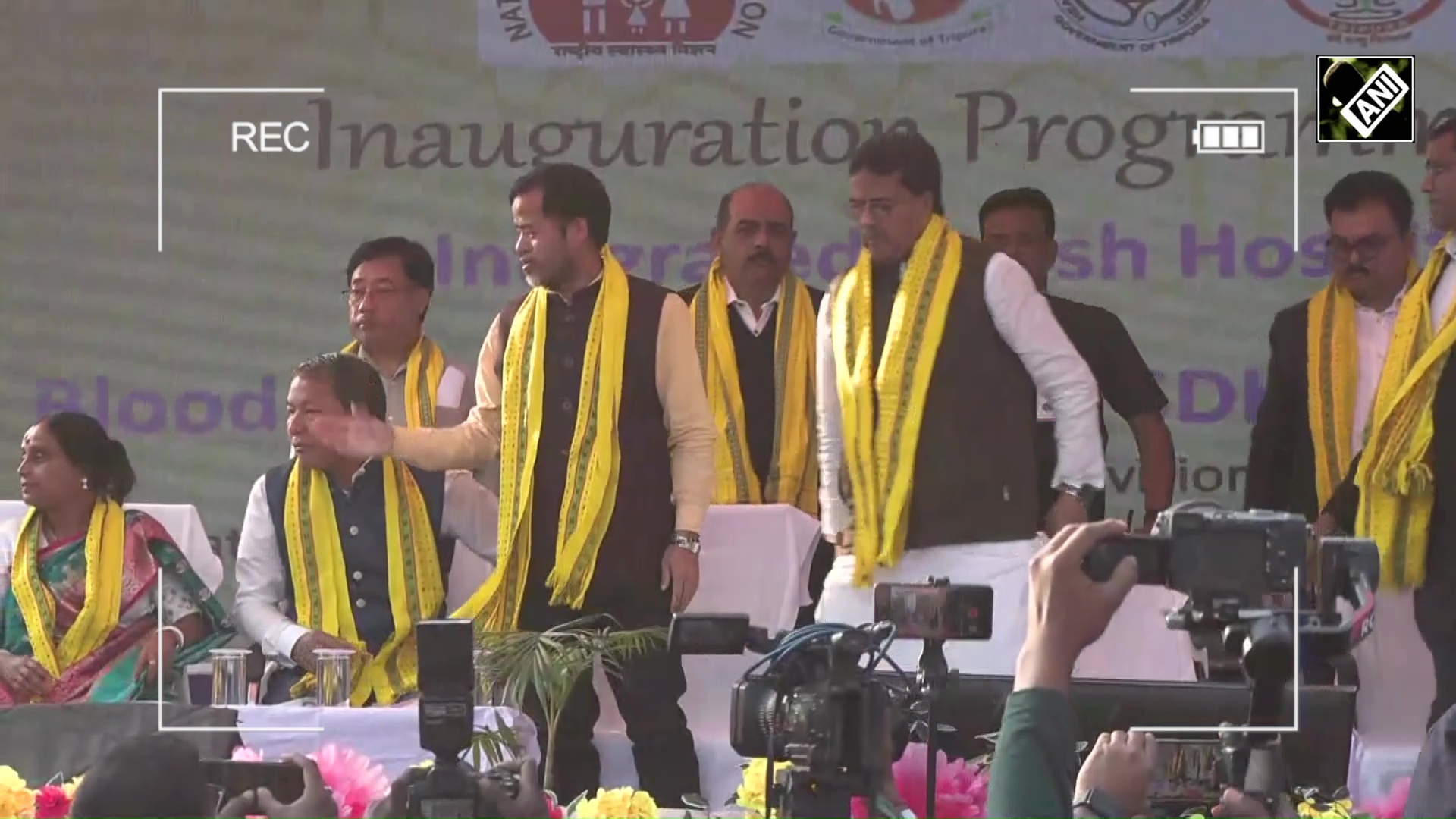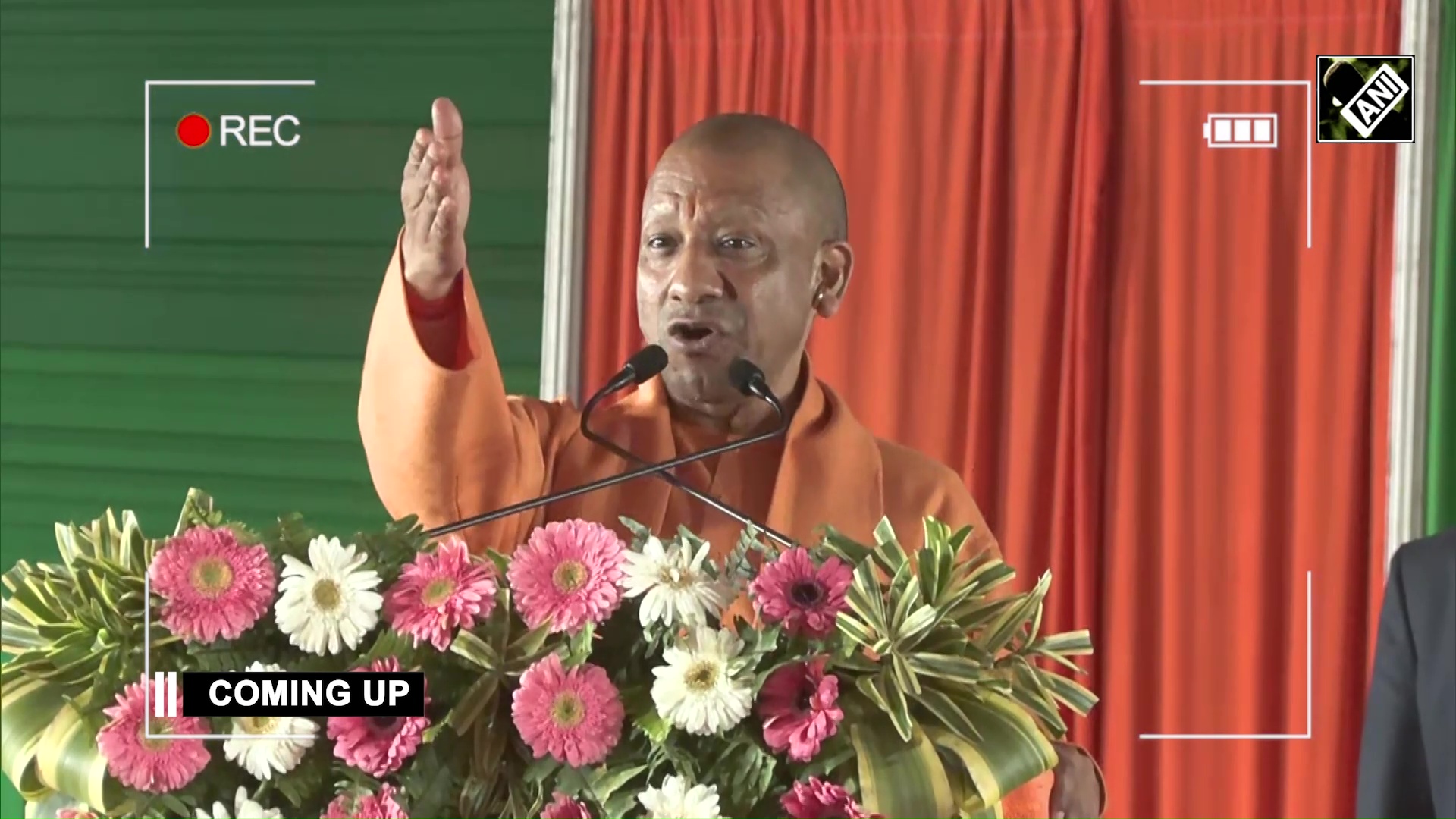PM Modi supersedes Trump to dissociate China's global monopoly on manufacturing
Jun 27, 2020

Washington D.C. [USA], June 27 : Prime Minister Narendra Modi has emerged as the leader of the global fight to decouple the Chinese Communist Party's monopoly on manufacturing, assuming a role now mostly vacated by United States President Donald Trump, US-based Breitbart news has said in a report.
Trump won his first presidential election largely on a promise to be tough on China after decades of criticising his predecessors for allowing Beijing to secure a stranglehold over the world economy and America's economy in particular.
China currently manufactures more goods than anywhere else in the world and overpowers local economies by monopolising the manufacture not just of complete goods, but of parts necessary for more complex goods all along the world's supply chains. Anyone nearly anywhere in the world making anything from antibiotics to computers is enriching the Chinese Communist Party.
"We can't continue to allow China to rape our country and that's what they're doing. It's the greatest theft in the history of the world," Trump had asserted at a campaign rally in 2016.
However, shortly after his election, Trump put an exclamation point at the end of his anti-communist China policy by accepting a phone call from Taiwanese President Tsai-ing wen simply congratulating him on his win, a precedent-shattering act that aroused the ire of the Chinese, who refuse to accept the reality of Taiwanese sovereignty and see Tsai as the leader of a rogue separatist movement.
Now, embroiled in what polls indicate may be an even fiercer battle as an incumbent than four years prior, Trump has significantly changed his public attitude towards China, touting his "phase one trade deal," which strengthened the link between Beijing and America's agricultural sector, as the flagship success of his China policy.
But India, on the other hand, had already begun plans to usurp some of its manufacturing power prior to the face-off with Chinese Army in Galwan Valley last week. According to media reports, India was planning to set apart that much land to offer competitive deals to international companies seeking to leave China and build trustworthy factories elsewhere.
A week later, Apple announced it would move a significant amount of its iPhone production out of China and into India.
What was once the subject of reports whispered anonymously to international news media became an all-out national campaign to economically decouple from China. Indian citizens, many supporters of Modi, burned Chinese President Xi Jinping's effigy and started an online "challenge" where participants film themselves throwing Chinese-made products in the trash.
Chinese state media has arrogantly asserted that, with its economic dominance complete, boycotting China is a "suicide" mission, but India has become the world's first major nation to begin proving Beijing wrong.
Meanwhile, the Confederation of All India Traders (CAIT), a merchant advocacy group, has lobbied some of the richest businessmen in the country to help them boycott Chinese products by manufacturing more items in India.
The government is also aiding the endeavour by making "made in" country labels mandatory on products sold on its official Government e-Marketplace. Some media houses further reported that ports in India are not only stopping Chinese goods but Chinese-made goods from American companies like Apple from entering the country.
The Galwan Valley massacre has prompted the full-throated challenge to China's economic dominance that many Americans voted for when they elected Trump in 2016. "Indians' support for a boycott on China and for a bold government response to Beijing indicates that American sentiments on the Communist Party are not an anomaly internationally," Breitbart news said in the report.
The concrete steps New Delhi is taking to boycott China shows that eliminating the Communist Party from national supply chains is not a fantasy. "If India can do it, Americans devastated by the 'free trade' policies that built modern China may soon realize, so can the United States," it said further.
